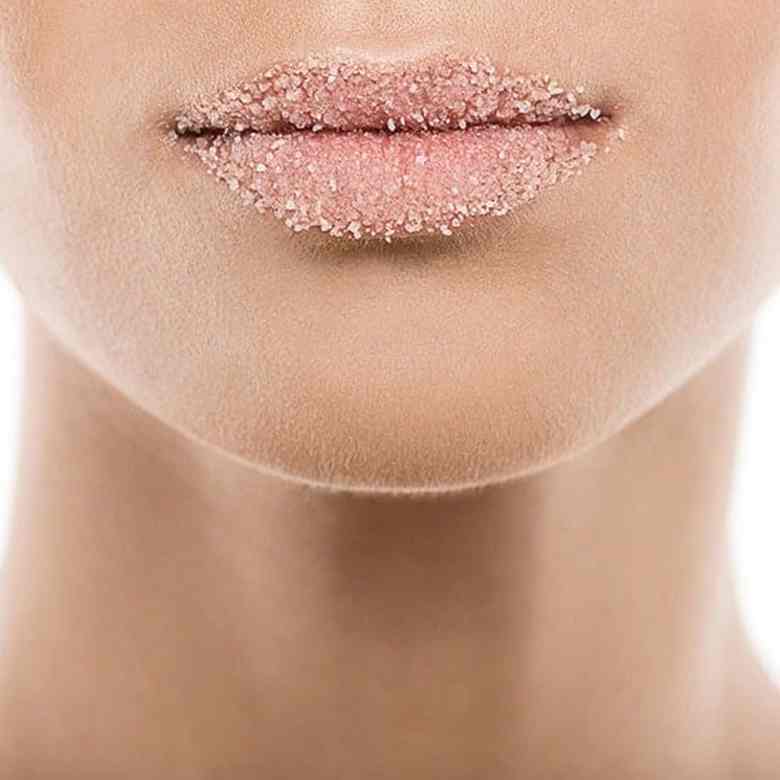
What is Polyglutamic Acid?
- Skin Essentials
- July 22, 2022
- No Comment
- 315
If there ever were to be a competition amongst hydrating skin care ingredients, hyaluronic acid would probably be the reigning champion. Naturally occurring in our bodies and able to hold up to 1000 times its weight in water, hyaluronic acid is a powerhouse skin hydrator that few other skin care ingredients could rival. That said, there may be a new skin acid on the market vying for that same level of recognition. Reports about the skin benefits of polyglutamic acid (PGA) have piqued the interest of the beauty industry with some suggesting it could give hyaluronic acid a serious run for its money. Below, we’re breaking down everything you need to know about the newcomer, polyglutamic acid. Read on to find out how this moisturizing ingredient can benefit your skin!
What Is Polyglutamic Acid?
Polyglutamic acid is a naturally-occurring biopolymer often produced with fermentation of Bacillus subtilis (B.subtilis) bacteria. PGA can also be produced with the mucilage of fermented soybeans. It boasts biodegradable, nontoxic, and non-immunogenic properties, making it an interesting ingredient in industries beyond medical and cosmetic.
How Can Polyglutamic Acid Benefit the Skin?
Polyglutamic acid can benefit the skin in more ways than one. Here are a few skin benefits of polyglutamic acid you should know before incorporating it into your skin care routine.
Benefit #1: Skin Hydration
According to the findings of a 2007 study, PGA is a powerful humectant able to increase the production of natural moisturizing factors similar to hyaluronic acid and collagen.
As you likely already know, daily skin hydration is a must for everyone, regardless of skin type. In addition to drinking the recommended amount of water each and every day, it’s important to apply topical moisturizers, serums, and skin conditioners to maintain adequate skin hydration levels and keep dehydration at bay. Skin that’s overly dry can not only feel uncomfortable, but it can also look unsightly with increased peeling and flakes. What’s more, dry skin can exacerbate the look of wrinkles, fine lines, and other signs of aging. Applying moisturizing ingredients and products, like those formulated with PGA, can flood the skin with hydration so it appears plumped and more youthful.
Benefit #2: Enhances Skin Elasticity
Reports suggest that PGA can enhance the skin’s elasticity levels more than collagen and hyaluronic acid. Why should you care about your skin’s elasticity? Because it’s a key component to your skin’s appearance and health.
Think about what happens to your skin when you smile or squint. Those expressions cause your skin to fold or crease around your eyes and mouth. If your skin springs back into place once the expression is gone, that’s a sign of good skin elasticity. However, if when stretched your skin has a hard time bouncing back and visible signs of aging appear as a result, it could be an indication that your skin has begun to lose its elasticity. This is a natural side effect of growing older but applying hydrating skin care ingredients can help boost the appearance of your skin’s elasticity to reduce the look of premature signs of aging.
Benefit #3: Skin Nourishment
There’s no denying that nourished skin looks and feels better than dehydrated skin. PGA has been reported to refresh and nourish the skin, helping it to feel smoother and look better.
Benefit #4: Improve the Qualities of Skincare Products
When applied as a moisturizer, PGA has demonstrated the potential to improve the qualities of skin care products, including those formulated to exfoliate, moisturize, and address wrinkles. In fact, some researchers suggest that PGA and hyaluronic acid boast a synergistic relationship; combining PGA and hyaluronic acid in your routine can enhance the benefits of hyaluronic acid, including skin moisture, elasticity, and appearance. However, further research is needed to confirm how the synergies of formulas with these two ingredients work together to provide amplified benefits.
Next, educate yourself on another popular skin care ingredient. Click through to our article, What Can Vitamin E Oil Do for the Skin?









